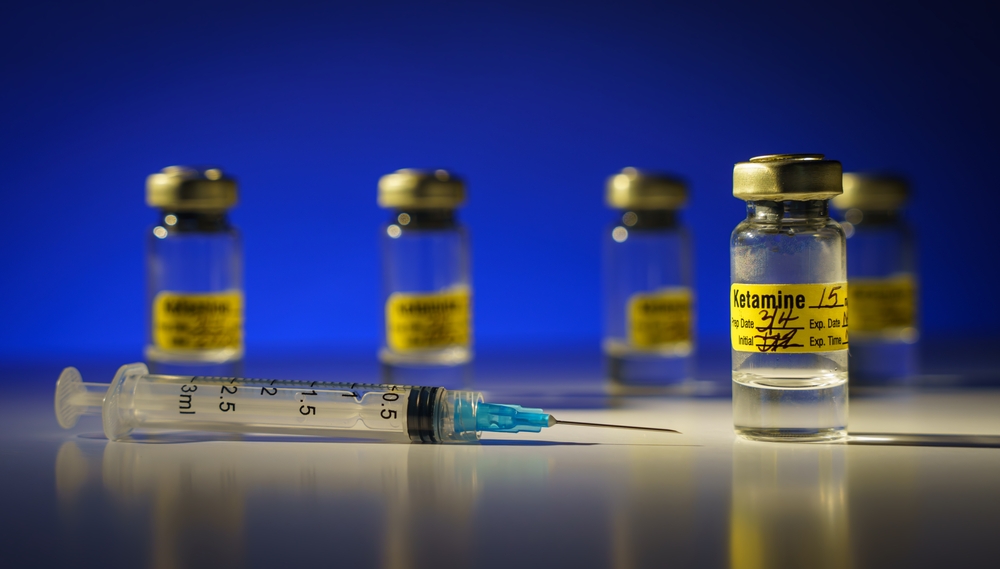New Ketamine Tablet Shows Promise for Treating Severe Depression

A new study indicates that a slow-release ketamine tablet may have significant potential in treating severe, treatment-resistant depression.
Traditional ketamine treatments, administered through injections or nasal sprays, necessitate clinical supervision for up to two hours to monitor side effects. However, according to the study published in Nature Medicine, the new tablet form can be taken safely at home with negligible side effects.
The research was led by Professor Paul Glue of the University of Otago in collaboration with various institutions in Australia and New Zealand. The study aimed to test the efficacy of ketamine tablets against a placebo in 168 patients with treatment-resistant depression through a randomized placebo-controlled trial.
Participants were divided into five groups, with four receiving varying doses of ketamine and one receiving a placebo. The strongest dose, 180 milligrams (mg) taken orally twice a week, produced the most significant results. Patients in this group saw their MADRS (Montgomery-Åsberg Depression Rating Scale) scores decrease by an average of 14 points from a high of 30, compared to an eight-point reduction in the placebo group. Lower doses of ketamine also outperformed the placebo, though with slightly lesser effects.
Moreover, the study challenges existing beliefs about how ketamine alleviates depression. Traditional views suggest that the dissociative effects of ketamine—where patients experience altered reality and perception—are crucial for its efficacy. According to the study, the tablet form releases ketamine slowly into the bloodstream, avoiding these dissociative effects while still providing substantial relief from depression symptoms.
Despite the encouraging results, the authors explained that further research is needed before the ketamine tablet can become an approved treatment. The research team plans to conduct larger, multi-site studies worldwide to confirm their findings and compare the tablet form to other ketamine delivery methods, such as injections.




















SHARE